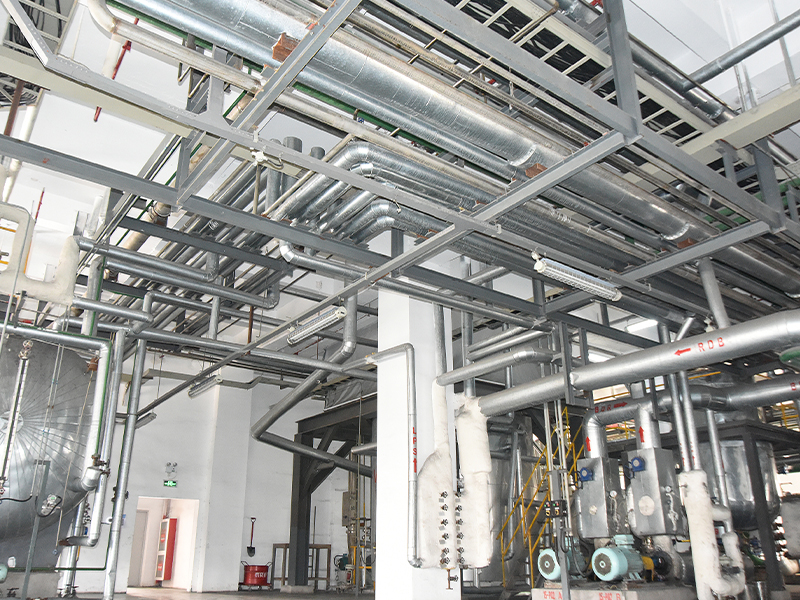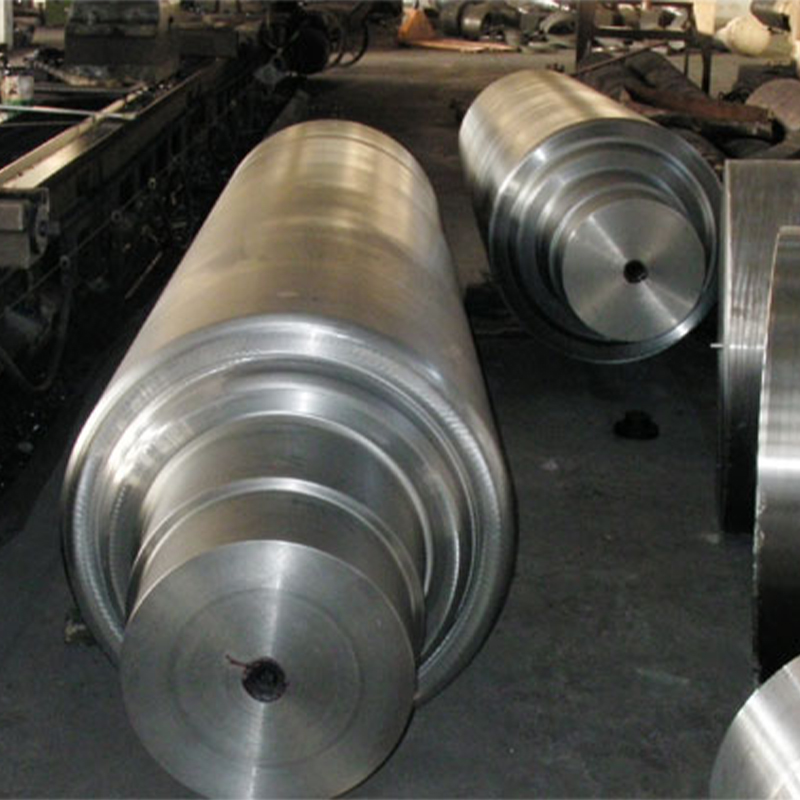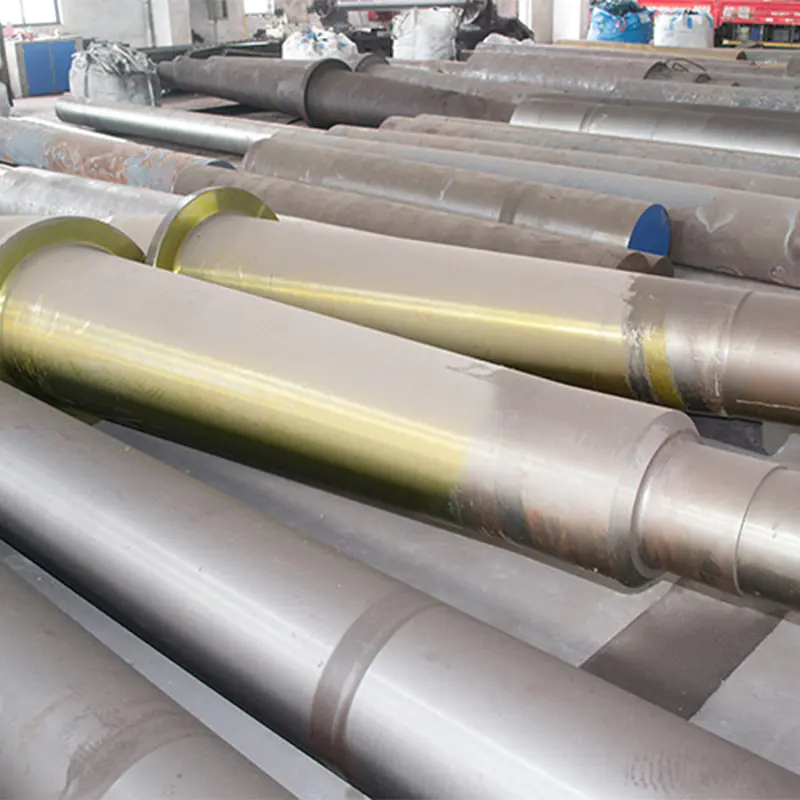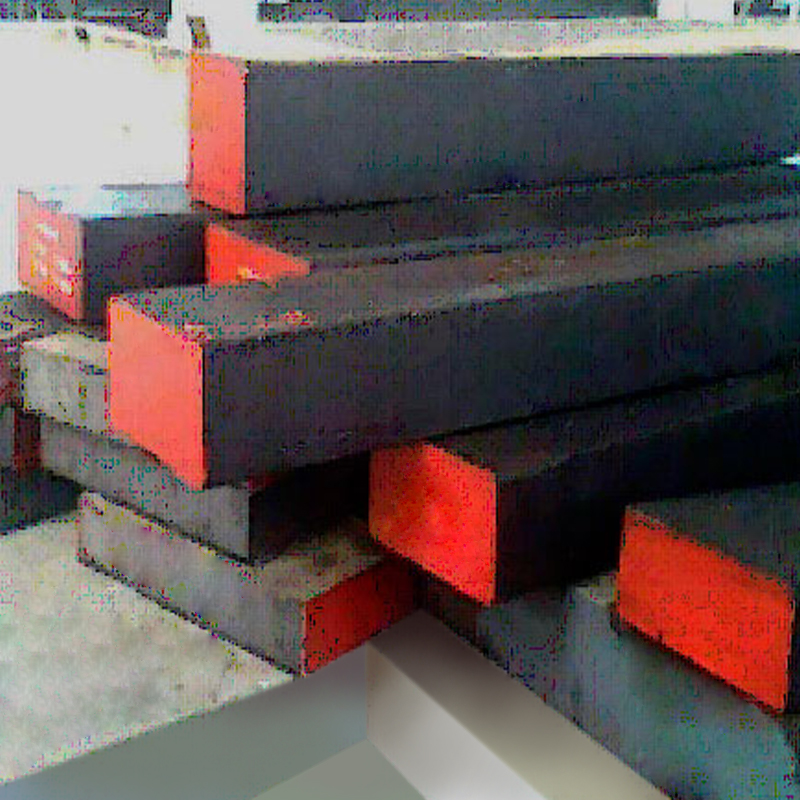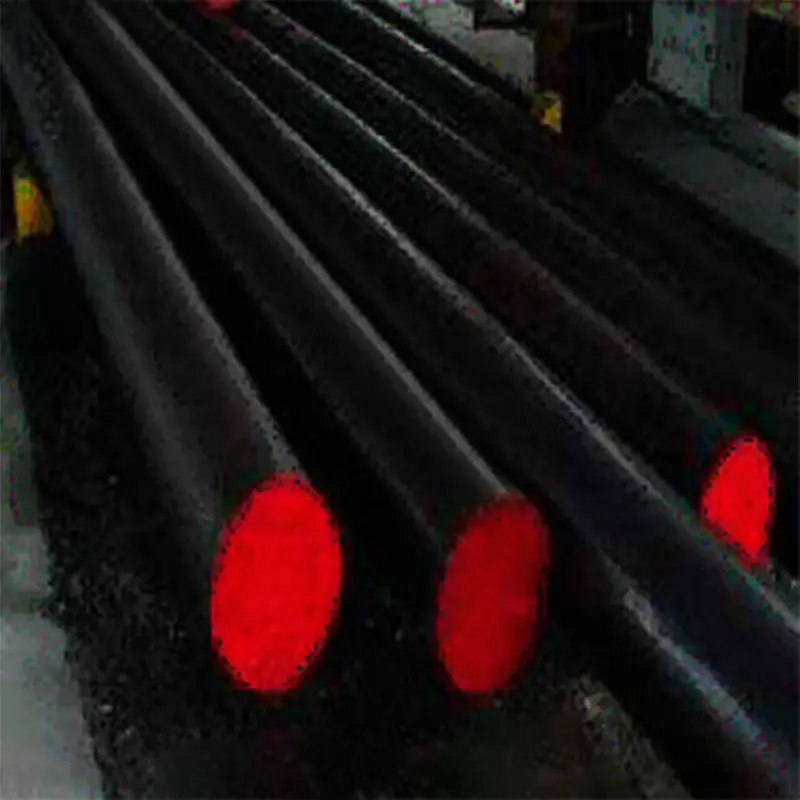
Forged material bars exhibit significantly superior strength compared to bars produced by casting or machining. This enhanced strength is primarily due to the forging process itself, where high temperatures and mechanical pressure are used to shape the material. During forging, the material's grain structure is aligned in a continuous pattern, which results in a more uniform and dense structure. This alignment of the grain structure leads to higher tensile strength, yielding strength, and overall resistance to deformation under stress. Consequently, forged bars are less likely to fail under harsh operational conditions, providing improved durability in demanding applications such as aerospace, automotive, and heavy-duty machinery.
Fatigue resistance refers to a material’s ability to withstand repeated loading and unloading without failure. Forged material bars offer superior fatigue resistance because the forging process improves the continuity and integrity of the material’s internal structure. Unlike cast bars, which may have inherent porosity or inclusions, forged bars are dense and free from defects, making them better able to withstand cyclic stresses without cracking or deforming. This quality is particularly important in industries like aviation, automotive, and energy, where components are subjected to dynamic loading over extended periods.
Toughness is a material's ability to absorb energy and plastically deform without fracturing. Forged material bars are generally tougher than their cast or machined counterparts, as the forging process not only strengthens the material but also improves its resistance to crack propagation. This enhanced toughness is a critical factor in applications where materials are subjected to impact, shock, or sudden stress, such as in the production of automotive components, heavy machinery, and structural elements. Tough materials are essential to prevent catastrophic failure in these applications.
The reliability of forged material bars is one of their key selling points, particularly in high-performance and safety-critical industries. Forging inherently reduces the occurrence of internal defects like porosity, gas pockets, or shrinkage, which can compromise the integrity of cast or wrought components. As a result, forged bars are more predictable in terms of mechanical properties and performance. The high level of control over the manufacturing process ensures that forged bars meet strict quality standards, minimizing the risk of product failure due to material defects. This consistency and reliability are highly valued in sectors like aerospace, defense, and heavy equipment manufacturing, where failure can have serious consequences.
Forging provides manufacturers with the ability to precisely tailor the mechanical properties of material bars to suit specific applications. Through control of forging parameters such as temperature, pressure, and cooling rate, it is possible to optimize properties such as hardness, tensile strength, and ductility. This level of customization is difficult to achieve with casting or other processes. For instance, forged material bars can be made to exhibit high strength while maintaining sufficient ductility, or be designed with improved resistance to corrosion or wear for specialized applications. This versatility allows engineers to choose the optimal material for the specific demands of each project, increasing overall performance and reducing the need for post-processing adjustments.



 English
English русский
русский Español
Español عربى
عربى
